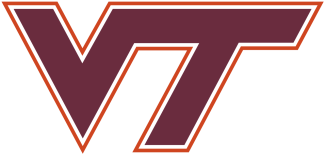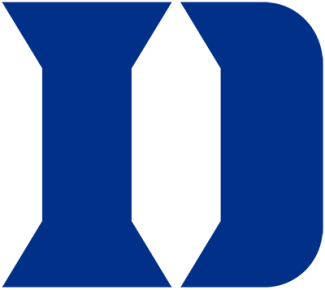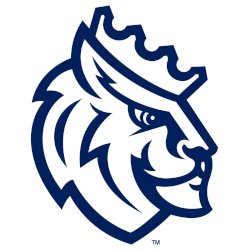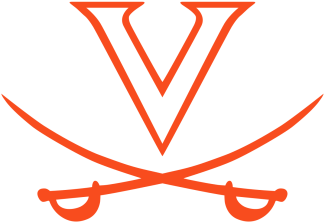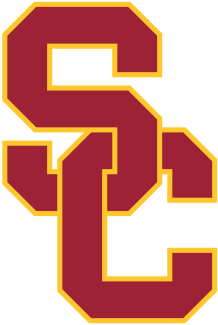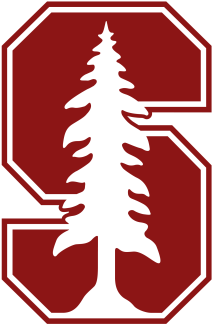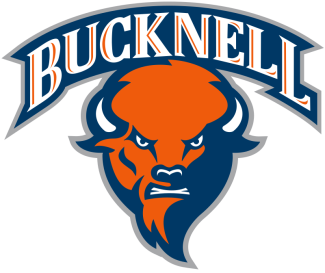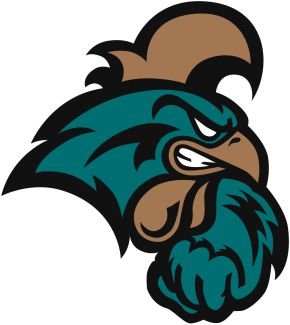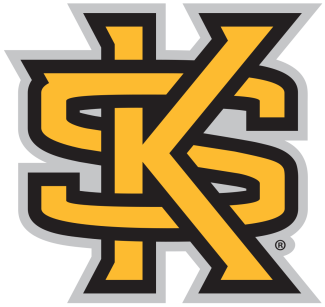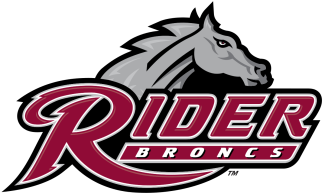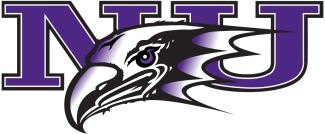It seemed like close to a sure thing that the Cannons would again call Boston home. The return of the Outlaws was arguably the biggest surprise and thus the biggest news of the home city announcement. But it wasn’t universally loved.
The top of the Outlaws Wikipedia page reads, “It has been suggested that this article should be split into articles titled Denver Outlaws (MLL) and Denver Outlaws (PLL).” The Outlaws account on X (formerly Twitter) posted a timeline of the team’s achievements, and between their last championship in 2018 and the announcement of them joining the PLL, it says, “This time is a little (awkward).”
Despite the PLL’s attempts to connect the history of the Outlaws with their reincarnation, even using the same logo, it bothers some, such as Adler, that the team being turned into the Outlaws is one of the only PLL teams that doesn’t have a single player from the MLL version of the franchise. Additionally, without the front office that Adler said treated the players the best in all of professional lacrosse, it is not the same team.
“What the Outlaws represented and stood for, it wasn’t just the Outlaws logo or the Denver Outlaws on your jersey,” he said. “There were so many people you represented in that organization. With management and everyone that came before you on the team, there was a culture and a standard, and you were representing so much more than yourself. I think our culture was the best in professional lacrosse.
“I don’t think it’s right that you can let a bunch of random guys who have no connection to the culture and what came before them just wear the jersey.”
Not to mention that the Chrome finished last in the standings in 2023 and has finished with the worst record in three of five seasons.
Head coach Tim Soudan is aware of the concerns that the new Outlaws could tarnish the franchise’s reputation. When he posted on X about his excitement to be part of Outlaws, he saw the reply from a user saying, “Coach you better not break the streak of never having a losing record.”
Soudan isn’t a stranger to the success of the Outlaws. He coached the Rochester Rattlers from 2011-17, and their championship hopes were ruined by the Outlaws twice, losing in the championship game in 2014 and the semifinals in 2017. (The Rattlers would lose to the Outlaws again in the championship in 2018, the first year after Soudan.)
He remembers the huge crowds, as well as the loyal fanbase that was there throughout the season. He remembers the presence the team had with the local media.
He believes his current team is in a good position to add talent, especially with the first and ninth picks in the draft. He also admitted one of the first things he thought about was trying to acquire some familiar faces to Outlaws fans.
Overall, he’s excited about being part of the franchise’s legacy.
“I really love Denver,” he said. “I think it’s a great place. The fanbase has always been great. There were negative comments from Chrome fans, which I understand, but it almost seemed like there were so many Denver Outlaws fans saying positive things, so excited that we’re coming back, that I feel great about it. It motivates you to work that much harder to put the best product on the field and go from worst to first.”
Bocklet believes becoming the Denver Outlaws can give this team some of the boost it needed going into next season.
“If it’s done right, it can be a great thing,” he said. “It can be a huge opportunity that this team clearly needs. There was something different about the Outlaws organization, and the Outlaws locker room, which made it really special, and that was the team was more important than any individual. It was truly ego free. Nobody cared about stats or Instagram followers or anything like that. We just cared about being part of a great team and winning championships.”
While Chrome players will change jerseys, and Chrome fans will have to decide if they move with the team or explore their own free agency, Sieverts thinks there were some Outlaws fans who dusted off their old jerseys in anticipation of the new season.
He knows there are a lot out there, too. He remembers playing in the team’s annual Mile High Fourth of July game, where the Outlaws would play in front of record-setting crowds with a fireworks show following the game. Twice the crowd in Denver reached over 31,000 people, including in 2015, when 31,644 saw the Outlaws take on the Cannons.
Sieverts remembers taking the wing on the faceoff and lining up next to Belisle. He remembered looking at Belisle, looking up at the crowd, and then back to Belisle.
“One day,” he said to Belisle, “it’s going to be like this for every game.”
In bringing the Outlaws and Cannons home, it’s what the PLL is hoping for, too.
